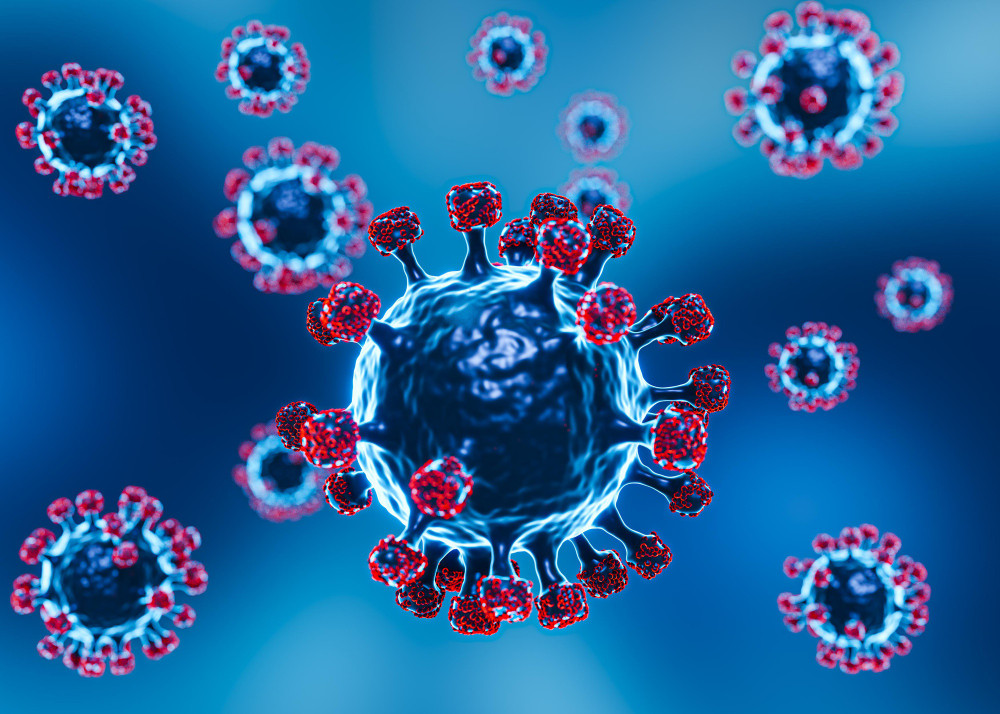Hard to Catch Virus That Killed Gene Hackman’s Wife Linked to 3 Deaths in California

© Freepik
What caused the hantavirus outbreak in California this year? Do you think people should be more worried about rare illnesses like this?
In Mammoth Lakes, California, three people have lost their lives to a rare illness that’s hard to spot until it’s too late.
This same sickness took the life of Betsy Arakawa, the wife of famous actor Gene Hackman, earlier this year.
Now, it’s raising questions and concerns in a small community that never saw it coming. What’s behind these deaths, and why is it happening now?
A Rare Virus Strikes Mammoth Lakes
The illness causing this trouble is called hantavirus. It’s not something you hear about every day.
In fact, it’s pretty uncommon. Hantavirus spreads through tiny particles from rodent droppings, urine, or saliva—usually from deer mice, which are common in places like Mammoth Lakes.
When people breathe in these particles, often while cleaning or working in dusty areas, the virus can make them sick.
Symptoms start simple: tiredness, fever, and muscle aches. But for some, it gets worse, leading to breathing problems that can turn deadly.
In Mammoth Lakes, three people died from hantavirus since February 2025. That’s a lot for such a small town, especially since these cases usually pop up later in the year, like in spring or summer.
Dr. Tom Boo, a local health official, called it “tragic” and “alarming.” He’s worried because this isn’t normal timing, and they don’t know exactly how these people caught it.
Usually, hantavirus comes from cleaning out sheds or cabins full of mouse droppings. But for these three, there’s no clear sign they did anything like that.
Hantavirus Outbreak in California: A Connection to a Hollywood Loss

This virus isn’t new, but it gained attention earlier this year when it claimed Betsy Arakawa’s life in Santa Fe, New Mexico.
She was married to Gene Hackman, the actor known for movies like The French Connection. Betsy passed away in February, and soon after, Gene died too—but not from the virus.
His death was linked to heart problems and Alzheimer’s disease. The connection between her death and the Mammoth Lakes cases has put a spotlight on hantavirus, making people wonder how widespread this threat might be.
Since the 1990s, Mono County—where Mammoth Lakes sits—has seen 27 hantavirus cases, more than anywhere else in California.
Most happen west of the Mississippi River, where deer mice thrive. This year, though, the early cases and high mouse numbers have health officials on edge.
They think there might be more mice around than usual, which could mean more risk for everyone.
What Can People Do?

Hantavirus isn’t passed from person to person, which is a relief. But it’s still scary because it’s hard to avoid if you don’t know mice are nearby.
Dr. Boo says people should watch out for mouse droppings and be careful when cleaning. Wetting down areas with disinfectant before sweeping can help keep the dust—and the virus—out of the air.
He also suggests keeping homes and workplaces mouse-free by sealing holes and storing food in tight containers.
For now, Mammoth Lakes is staying cautious. It’s been about a month since the last case, but the worry hasn’t gone away.
This quiet town, loved for its skiing and nature, is now dealing with a hidden danger. The good news? Awareness can make a difference.
By knowing the signs and taking simple steps, people can protect themselves from this rare but serious illness.
Recognizing the Symptoms of Hantavirus

Hantavirus can sneak up on you with symptoms that seem like a regular cold or flu. If you’re in a place like Mammoth Lakes, knowing what to watch for is important. The signs usually start one to eight weeks after breathing in the virus. Here’s what to look for:
- Tiredness that won’t go away
- Fever that makes you feel hot
- Muscle aches, especially in the legs, back, or hips
- Headaches that keep coming back
- Chills that make you shiver
- Nausea or upset stomach
- Vomiting that catches you off guard
- Stomach pain that doesn’t ease up
After a few days, the virus can get more dangerous. It might turn into something called Hantavirus Pulmonary Syndrome, or HPS, which hits the lungs hard. When that happens, you might notice:
- Shortness of breath, like you can’t catch air
- Lots of coughing that won’t stop
- A feeling like your lungs are filling up
If breathing gets tough, don’t wait—get to a doctor right away. There’s no cure, but quick help, like oxygen or hospital care, can save lives. Spotting these symptoms early could be a game-changer.
You might also want to read: The UK Detects Its First Case of a Deadly Cat Virus


